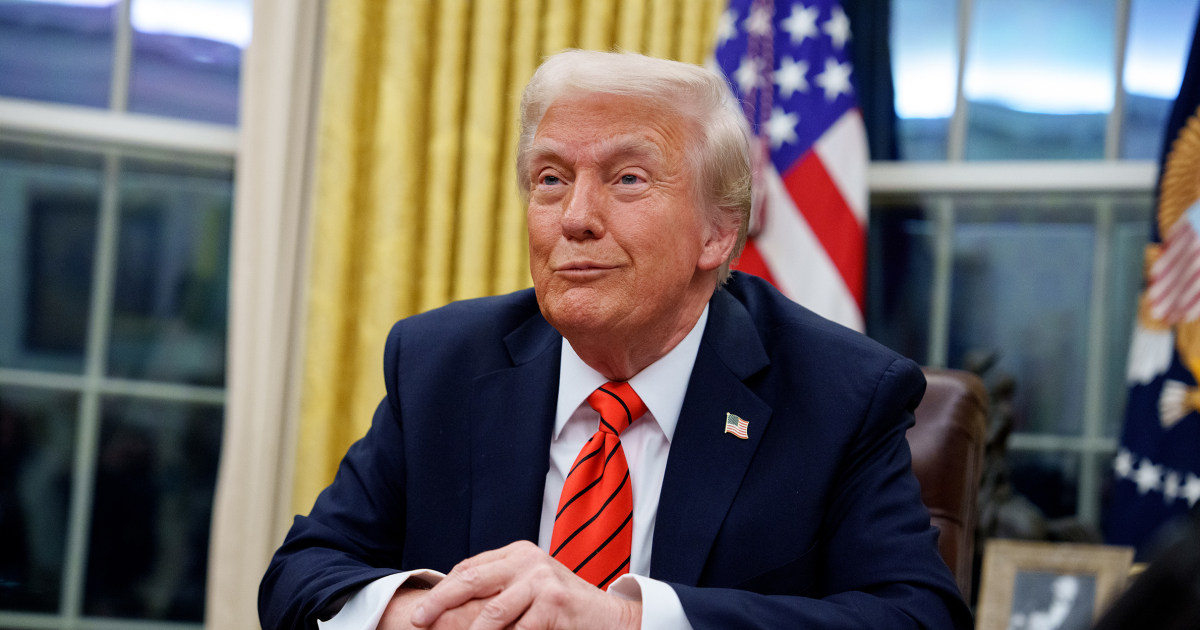White House Faces Backlash Over ASMR Video Mocking Deportation
The White House's social media post of shackled immigrants sparks outrage, raising concerns about dehumanization and immigration policies.
Subscribe to unlock this story
We really don't like cutting you off, but you've reached your monthly limit. At just $5/month, subscriptions are how we keep this project going. Start your free 7-day trial today!
Get StartedHave an account? Sign in
Overview
A recent White House social media post using an ASMR format to depict shackled immigrants being deported has ignited widespread criticism. The video, showcasing ICE officials placing immigrants in chains at a Seattle airport, has been viewed over 68 million times, drawing scathing responses from various observers who call it dehumanizing and cruel. Critics argue that such displays reflect a disturbing trend in U.S. immigration policies under the Trump administration, emphasizing the normalization of violence against immigrant communities. The post has also drawn attention from influential figures like Elon Musk, further intensifying debates on immigrant rights and deportation practices.
Report issue

Read both sides in 5 minutes each day
Analysis
Analysis unavailable for this viewpoint.
Articles (3)
Center (0)
No articles found in the Center category
FAQ
The White House's decision to label the deportation video as 'ASMR' was likely intended to provoke a reaction, but it sparked widespread criticism for its insensitivity and dehumanization of immigrants. ASMR videos are typically designed to be calming, which contrasts sharply with the serious and often distressing nature of deportation scenes.
Elon Musk's reaction, where he reposted the video with a comment saying 'Haha wow,' amplified the controversy by suggesting he found the situation amusing. This response drew significant ire from the public, further fueling the backlash against the White House's post.
The controversy highlights concerns about the dehumanization of immigrants and the normalization of harsh deportation practices under the Trump administration. It reflects a broader debate about immigration policies, emphasizing issues of dignity, human rights, and the treatment of undocumented migrants.
S Jaishankar, India's External Affairs Minister, acknowledged concerns about the use of restraints but emphasized that it is part of the U.S. authorities' standard operating procedure. He suggested focusing on tackling illegal migration networks rather than the method of deportation.
History
- This story does not have any previous versions.


